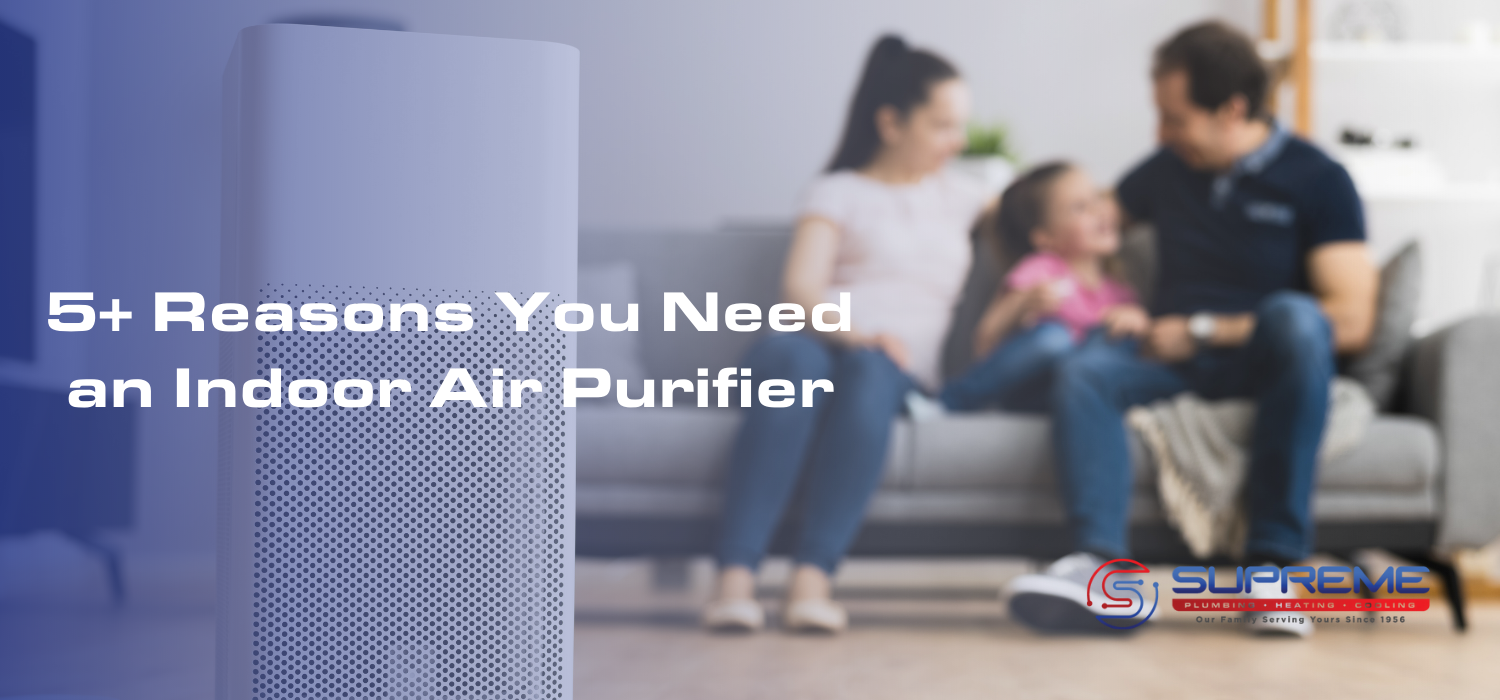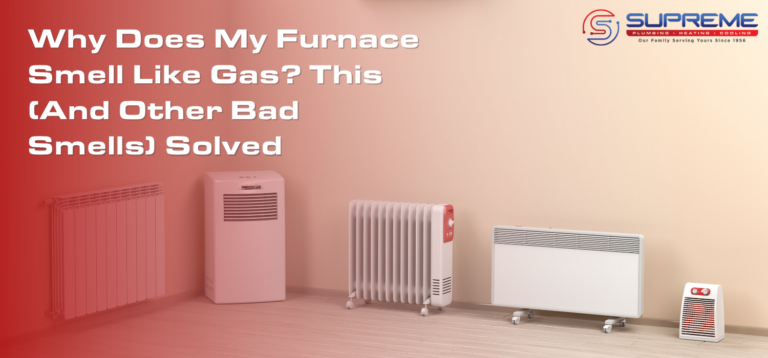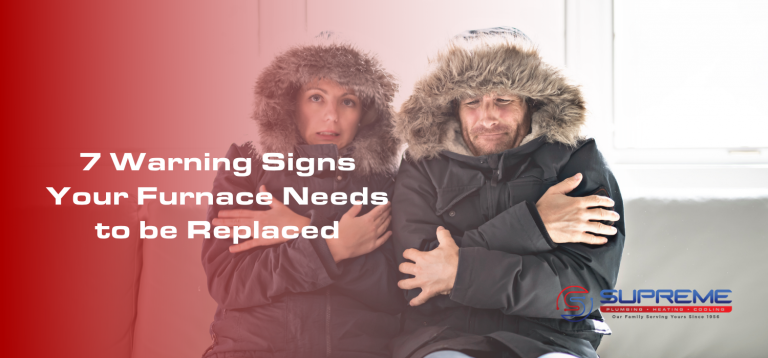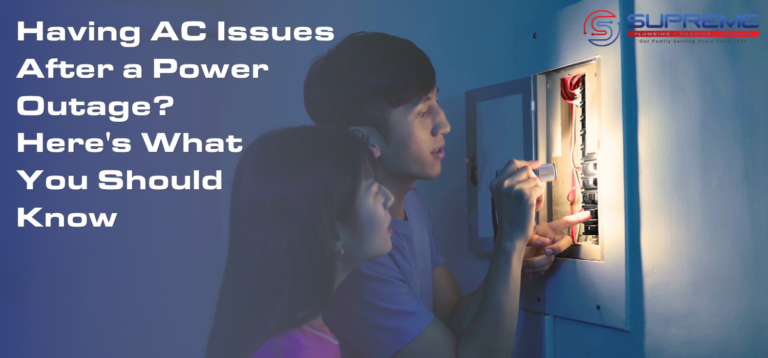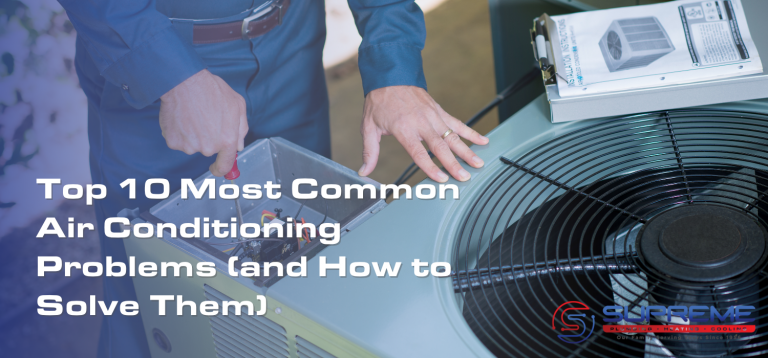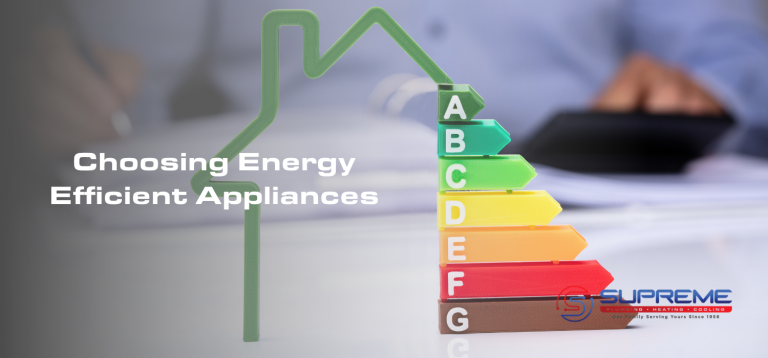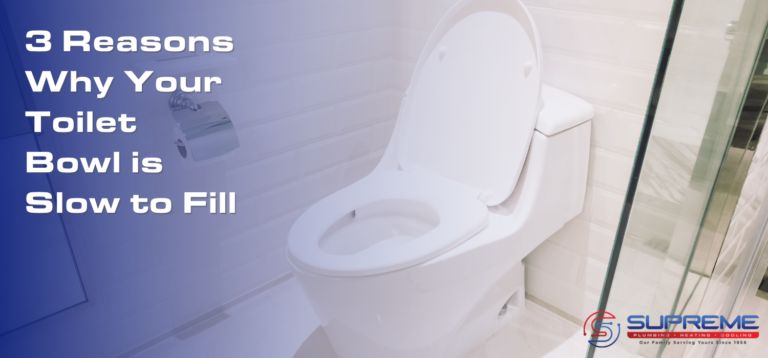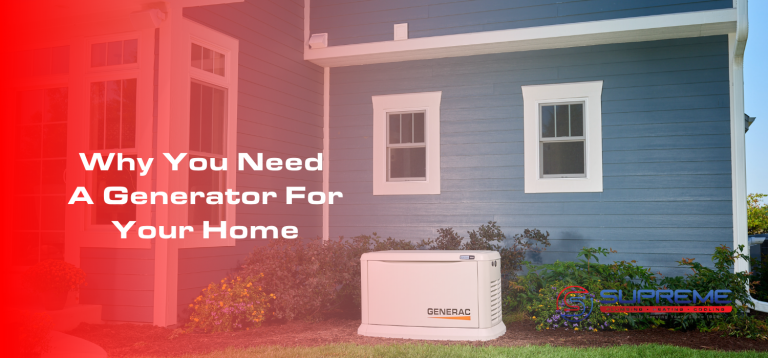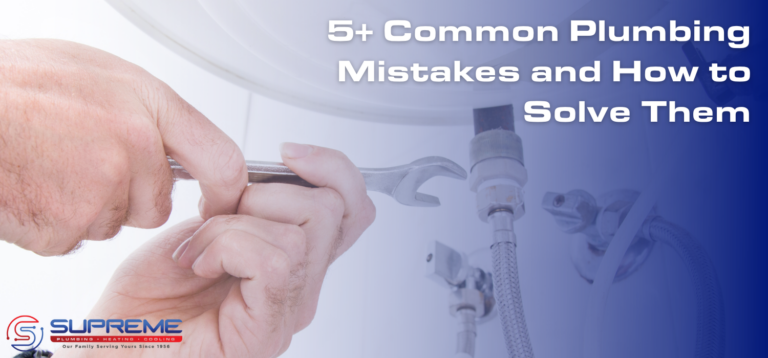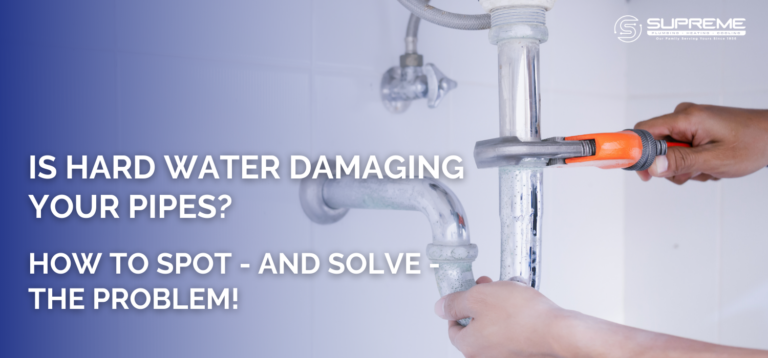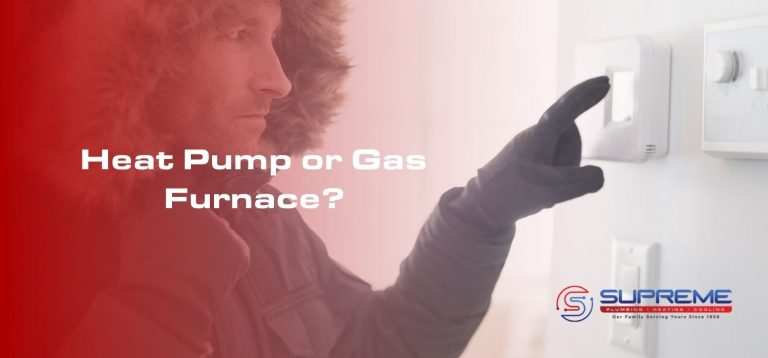In today’s world, there seems to be more home appliances with the assertion that you “need it.” One modern appliance you may have come across is an indoor air purifier.
However, this one is actually far more beneficial than trendy. Below, we outline the top 5+ reasons why you need an indoor air purifier for your home.
1. You Have Pets and/or Kids
You could be the tidiest person on earth, but you can’t control how your kids and/or pets behave. There is no such thing as a truly hypoallergenic pet, and kids track in dust, dirt, pet hair and pollen from outside.
An air purifier can help filter out these pollutants, especially a high quality one that comes with a pre-filter that catches larger pollutants, like pet hair, before it gets to the main HEPA (high-efficiency particulate air) filter.
Interested in improving the air quality? Give our team a call today to learn more about improving the air quality inside your home or business.
2. You Have Asthma, Allergies, or Respiratory Issues
If you’re an allergy or asthma sufferer, you may notice far less wheezing or coughing when using an air purifier with a HEPA filter. This is because HEPA filters are designed to catch 99.7% of particles larger than 0.3 micrometers, such as pollen, pet dander and dust.
The American Academy of Allergy, Asthma and Immunology suggests that devices with HEPA filters “appear to be beneficial”, so long as they’re maintained regularly.
3. You Smoke – Or Live with a Smoker
Cigarette smoke (including secondhand smoke) pose significant health risks for all those in your home, including your pets. Since the particulate matter of tobacco smoke is so small (2.5 micrometers), simply opening a window will not protect your household.
However, tobacco smoke is one of the three particles included in an air purifier’s CADR (clean-air delivery rate). This is why you should choose an air purifier that rates highly in this area if tobacco smoke is a concern.
Interested in improving the air quality? Give our team a call today to learn more about improving the air quality inside your home or business.
4. You Have a Fireplace or Wood-Stove
While the warmth and atmosphere of a fireplace/wood-stove is appealing, wood smoke pollutants can compromise indoor air quality.
They can also cause breathing problems without an indoor air purifying system.
5. You Live Near Construction or Natural Disaster Prone Areas
Air purifiers can catch airborne particles, and the dust that gets kicked up during construction is no exception. This also applies to you if you live near a wooded area where forest fires can occur.
While keeping your windows closed keeps some debris outside your home, it’s not a fail-safe. An air purifier with pounds of activated carbon and HEPA filtration can offer serious protection against these chemicals, gases and odors.
Interested in improving the air quality? Give our team a call today to learn more about improving the air quality inside your home or business.
6. You Have a Garden, Lawn or Trees on Your Property
Gardens, mulches, trees and even lawns are a prime source for mold spores, which can easily make their way into your home and aggravate allergies and asthma.
That’s why an air purifier, especially one with a HEPA Certified Air Purification system, is ideal for trapping grass, weed and tree pollen.
Additional Benefits of an Indoor Air Purifier
As you can see above, it’s obvious that air purifiers are ideal for filtering out harmful pollutants. However, there are additional benefits to having an air purifier in your home, such as the following:
1. Removes Unwanted Odors
Some chemicals, such as gasoline, benzene and formaldehyde, break down at room temperature. These chemicals, formed from common household items such as paints and aerosol sprays, cause a gas-like, unpleasant odor to travel throughout your home.
Luckily, unlike air fresheners, air purifiers quickly remove these smells from your home without adding more chemicals to the air.
2. Removes Harmful Elements Such as Radon and Asbestos
Radon is a colorless and odorless gas, emitting from building materials like rocks, soil, and granite. On the other hand, Asbestos roofing materials or insulation pipes were common from the 1940s to the 1960s. Both are common hazardous materials common in your home or business.
According to a 2013 EPA assessment by EPA (United States Environmental Protection Agency) indicates there could be as many as 21,000 deaths annually in the U.S. related to lung cancer caused by radon gas. Additionally, asbestos inhalation causes lung disease marked by tissue scarring.
Air purifiers capture particles from both radon gas and asbestos, making your home or business a safer environment for everyone inside.
3. Improves Sleep
Sneezing, coughing, and a runny and stuffy nose disrupts restful sleep. That’s why an air purifier with a HEPA filter that filters out allergens will subsequently grant you better sleep.
Even if you don’t suffer from seasonal allergies, air purifiers provide white noise that’s better night’s sleep
4. Reduces Chance of Airborne Diseases
Contagious illnesses, such as the common cold and flu, are spread through tiny pathogens floating around in the air. Fortunately, air purifiers with HEPA filters capture these bacteria and viruses.
When you decrease the airflow of these illnesses, you decrease the chance of infection for yourself and your family.
The Bottom Line? Air Purifiers Are A Modern Day Necessity
While air purifiers aren’t a cure-all for airborne pathogens, they greatly decrease the amount of harmful bacteria and allergens in your home. That’s why if your household sounds like any of the above aspects, you should consider having an air purifier as a staple in your home.
Interested in improving the air quality? Give our team a call today to learn more about improving the air quality inside your home or business.

